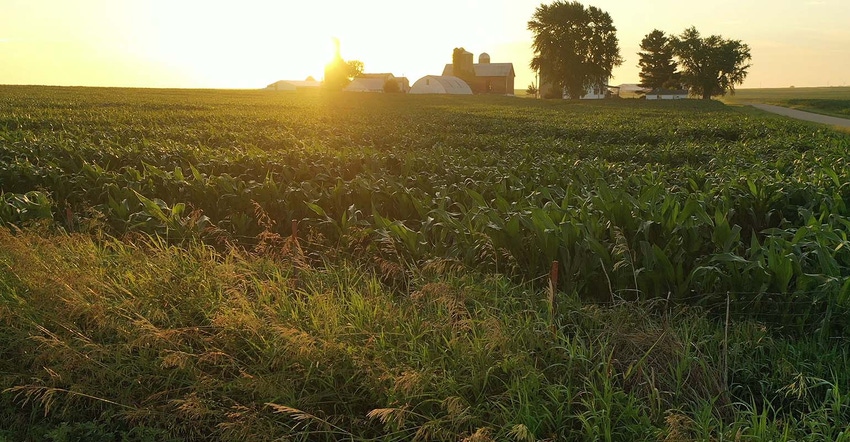
Farmland values are a hot topic right now. Farmland has increased by double-digit percentages in many areas of the country. The spike began in 2021 and now some of the highest value sales are being seen in 2022.
But what do these higher values have to do with your balance sheet?
The most recent appraised value of a property is what should be used on a balance sheet, right? Hold your horses. I am not saying that is not the case. But let me explain.
What are fair market value balance sheets? It is the value of one’s assets at a specific period in time. What is a FAIR value for this asset in the market TODAY? That is how a fair market value balance sheet is completed. The fair market value of a checking account is the balance in that account that day. That is easy. Well, what is the fair market value of farm real estate TODAY?
Here's an example
A farmer lives in an area where farmland across the road – very similar to the farmer’s own land – sells for $10,000/acre. Then 3 miles down the road another farm very similar sells for $11,000/acre. What should that farmer assume the fair market value of their property is? Based on the surrounding market, they feel they should value their property for $10,500/acre on their balance sheet.
Now they choose to refinance their property and an appraisal is ordered. Here is where the difference can come in. The appraisal uses comps ranging from 2020-21, with the majority of them being in 2020. Remember the timeline we established in the first paragraph? So, the sales that are occurring at the highest sales price (beginning of 2022) were not used in the appraisal computation. (Disclaimer: this is not always the case, but many times comps are composed across a two- and sometimes three-year period, not just the most recent 3-6 months).
The appraisal comes back at $9,000/acre. End of example.
Land prices have risen, but that does not mean an appraisal will come back at the value of the most recent sale across the street. Was the farmer wrong for putting that value on their balance sheet? No. Would they sell it for any less than that knowing what the other farms are going for in that area? No. Will the lender use the value across the street instead of the appraisal? No.
The lender will update their balance sheet within their own underwriting package to match the appraisal value and change the loan amount if needed. Does the farmer have to update their own internal balance sheet to match the appraisal? Not if they don’t want to.
Here’s what you need to remember: we are in an era where land has sold for significantly higher levels than two years ago, but that price level has not been sustained for a long period of time. That is why you may be disappointed when your lender assesses your assets at a lower value than you do.
I am no appraiser or land value expert. This post is to help set expectations if you will be getting an appraisal in the near future. Give yourself proper credit for your assets on your balance sheet, but also be aware that an appraisal may not reflect the most recent and highest sales price in your area.
The opinions of the author are not necessarily those of Farm Futures or Farm Progress.
About the Author(s)
You May Also Like






